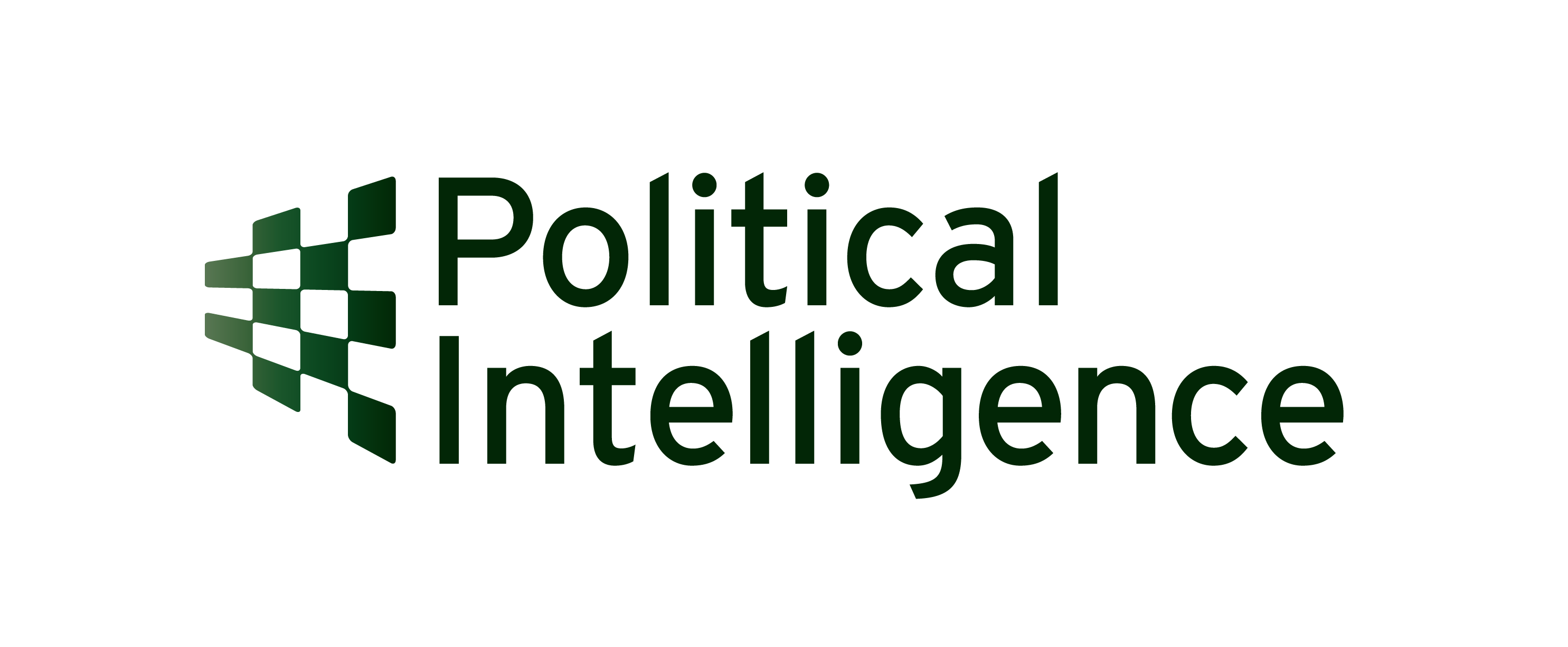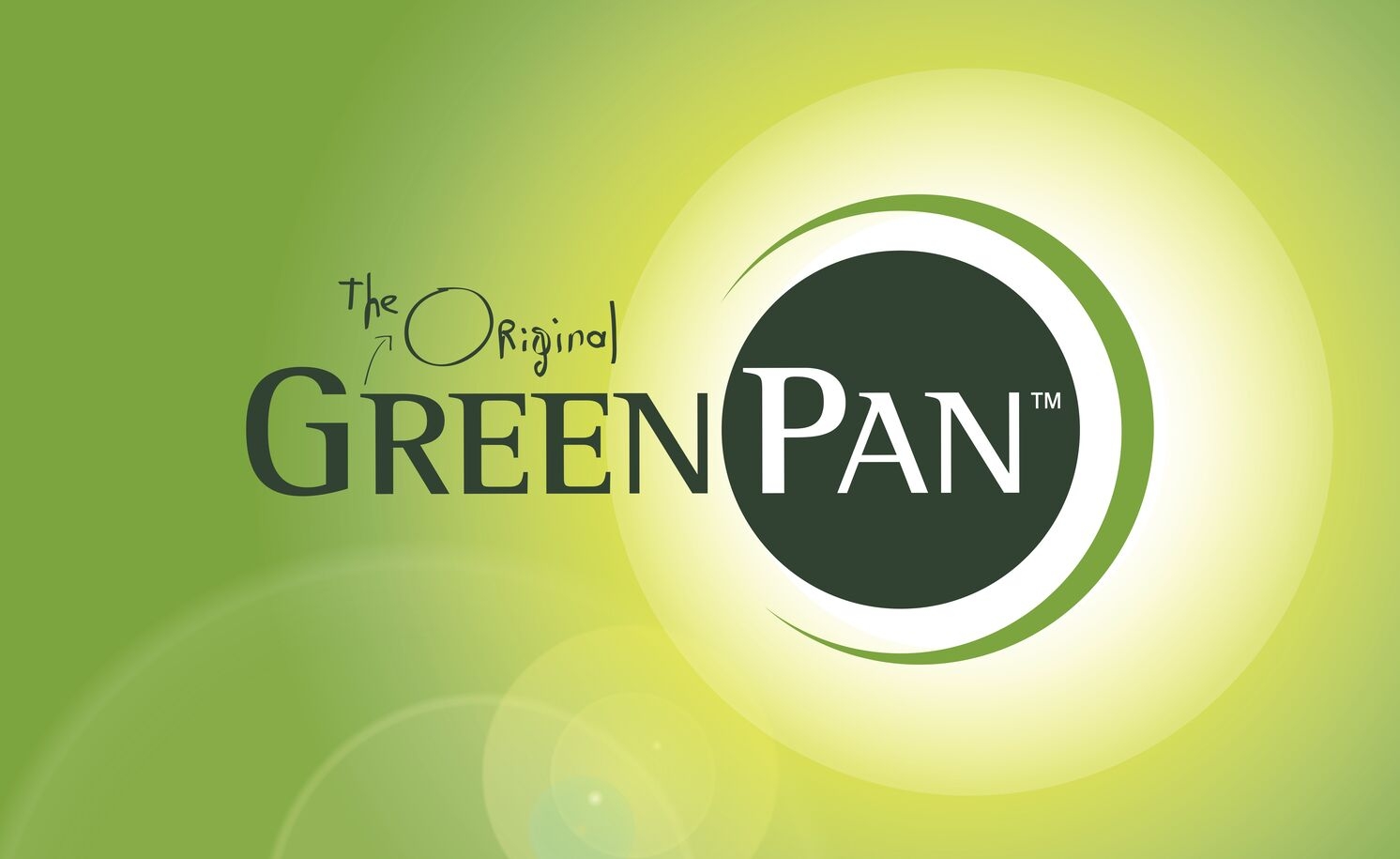Can I still have children after breast cancer?

1. I'm pregnant ... And am diagnosed with breast cancer.
Do I need to do an abortion?
- Usually not. Fortunately. Terminating your pregnancy has no favorable impact on the course of your illness, and your child can also be safely guided through your treatment - with the necessary adjustments in treatment - in most cases.
- Exceptionally, yes. Interruption of pregnancy is inevitable only if the cancer has metastasized. Fortunately, it is extremely rare for the tumor to spread to the placenta, and metastasis to the baby itself has never been reported for breast cancer.
What treatment can?
At the UZ Leuven, there has been a borg program since 2004 that assists pregnant women with cancer. In pregnant women with breast cancer, the tumor is surgically removed (if necessary, the entire breast) and the axillary glands are also removed. There are further options, depending on the situation.
- If the tumor is small, the breast can be spared. Radiotherapy can be administered during the first and second trimester of pregnancy with a "lead apron" to shield the abdomen from radiation.
- All forms of chemotherapy used in breast cancer can be administered (from the fourteenth week of pregnancy). Research has shown that the placenta is able to filter the chemo medication out of the blood and that this treatment poses no danger to the unborn child. If chemo is given during the first three months of pregnancy, there is an increased risk of spontaneous miscarriage and birth defects. This is why it is avoided.
- Hormone therapy is not used.
A quarter of women with breast cancer under 35 are pregnant.
2. I have breast cancer but still long for children.
There is a slight increase in young women getting breast cancer, and the age at which women still want children is also rising. It's logical that the question of children pops up in the oncologist's office more often than it used to. If you get the verdict cancer and still have a desire to have children, be sure to bring that up during your initial interviews. It may determine the therapy that is proposed to you.
Am I entering menopause early?
Treatment with chemotherapy or hormone therapy can lead to early menopause. In that case, you stop menstruating and can no longer have children. Fortunately, there are now techniques that allow you to become a mother after cancer.
What techniques are there for becoming a mother anyway?
Freezing ovarian tissue
Thus, ion the beginning of the disease, ovarian tissue (a piece of ovary)may be taken away. This is frozen and later re-implanted to stimulate the reproductive system. Belgium is at the forefront of this technique,but it is still experimental and does not guarantee pregnancy. Still, it is worth trying. A decision must be made in three to 10 days, because the tissue can be removed between the first chemotherapy sessions at the latest. Two-thirds of each ovary is left intact, so that your body also has a chance to recuperate spontaneously. There are some conditions: you must be 35 at the most, be in good health (except for cancer) and have a favorable prognosis.
This procedure is not covered by demutualities, but it does cover your care, examination and hospital stay.
80% of young women under 30 who undergo regular chemo become fertile again afterwards. In those in their 40s, it is 20%.
Boosting your natural fertility
The younger you are, the more likely your ovaries will survive chemo treatment. The tipping age appears to be 35 years. After that, the chances of restored fertility decrease very much. To give you a better chance of natural fertility afterwards, hormones may also be given to shut down the ovaries during chemo treatment. Because of restricted blood flow, little of the chemo gets to the ovaries. If your cycle resumes after therapy, you can usually conceive naturally. Doctors recommend waiting at least one year after finishing treatment before trying to get pregnant again. The chances of a relapse are highest then. But of course there is always an individual assessment of what is possible. The vast majority of children born to women who were once treated for cancer are born healthy. Pregnancy also does not seem to affect the risk of relapse.
What if ...?
- because chemo reduces the supply of eggs, you still end up in early menopause after a few years? In that case, egg donation is the only solution
- you get cancer at 37 and think you are 42 too old to have another child? In favorable prognoses, treatment is sometimes stopped for 18 months so you can have a child first. The breast is then closely monitored.
The specialist:
"Be extra vigilant. Pregnant women experience a lot of changes or abnormalities in the breasts anyway. This is precisely why there is a risk of less alertness and later detection of breast cancer in pregnant women. So be sure to signal changes, even though 80% of the cases are benign cysts. If you receive antihormones after chemotherapy, your rules stop, but your ovaries remain active. These hormones can cause malformations in pregnancy. So continue to take birth control for five years, throughout treatment."
Continue reading

In the same boat

Davina Simons: A double mastectomy at 21 years old


.png)












.png)
















